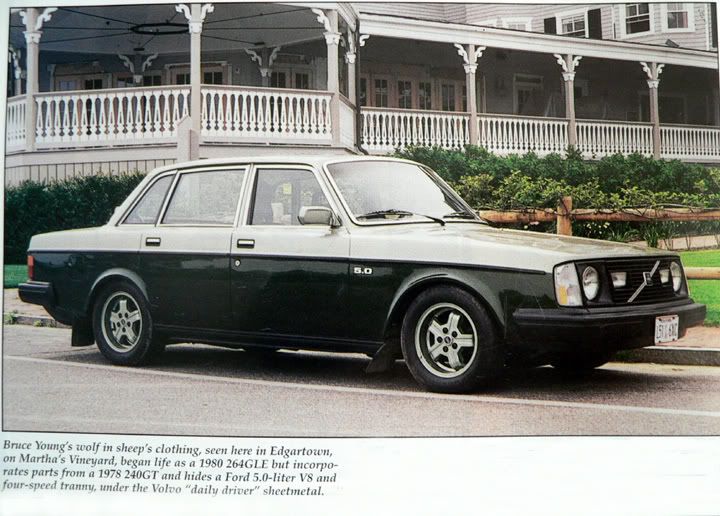|
The newer engines are designed with compression ratios, cams and computer controls to run more efficiently on higher octane fuels. If you run lower than recommended octane gas:
o It may ignite improperly which in turn results in pinging which causes the knock sensor to retard the ignition to reduce it (you won't hear any pinging unless it's really bad) which results in loss of performance (and fuel economy)
o It may burn less completely hence more emissions (more lost fuel economy)
o It usually gives you a gas containing less cleaner additives which allows more engine deposits to accumulate which in turn affects ignition and emissions as above.
Within reason your car will run on pretty much any brand and octane you give it, but there are tradeoffs:
o The environmental tradeoffs of improved fuel economy are pretty clear. As the auto industry is highly governed in this regard you can be sure that's the major driving force for manufacturers' deciding which octane to recommend. Then of course there's the oil companies helping all this by wanting to sell the more expensive and presumably more profitable higher octanes.
o The performance tradeoff is also clear -up to a point, higher octane gas in a properly maintained engine will give you a peppier car. This factor is quite noticeable when I drive a heavier 700/900 car with the basic B230F engine.
o The economic tradeoffs are maybe not so clear. Regular gas is cheaper, but you get lower gas mileage. Higher octane gas is more energy intensive to produce. You probably also increase engine wear and tear a little. I have no idea what the bottom line dollar impact is.
o Gas that is ethanol blended may speed the deterioration of some rubberized engine seals, although rubberized materials have been improved and blends kept to a maximum of 10% ethanol (the trigger point for a U.S. federal tax break). I'll bet a cool one that those original little rubber hoses between the in-tank pre-pump and the pick-up tube that disintegrate on some 240's aren't helped by this.
Now, cheap SOB that I am, I have a couple of tactics. On long highway trips I tend to use gas that's 2-3 octane points lower than recommended. I figure it saves money without appreciably lowering combustion efficiency at those higher rpms and, having a turbo, I still have more than enough pep. I live in a region where perpetual gas wars often see the price discounted by 10 cents/litre or more (40 cents/gal) every week or two. The discount is disproportionately deeper on regular gas than the higher octanes (obviously because only regular gas prices are usually posted on station signs). So, if I want 91 octane, I'll sometimes do my own blend of 3 parts cheap 87 octane to 4 parts 94 octane for a net saving of about 3 cents/litre (12 cents/gal) when a gas war is on. I don't know how much of this is false economy, but I do feel better knowing I cheat the oil companies and tax grabbers out of a few bucks a week.
|


